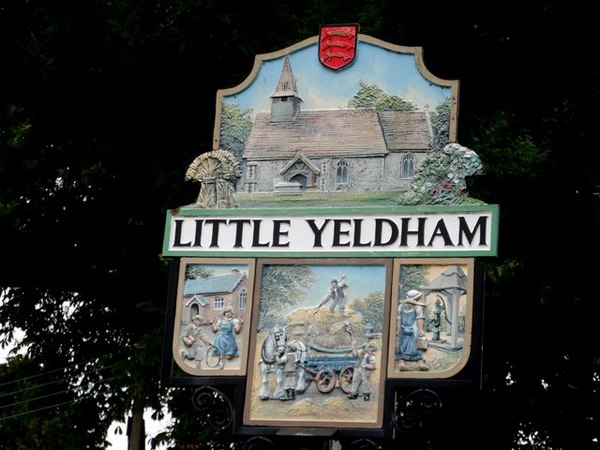Regulation Change for Private Sewer Solutions
If your house or business is not connected to a mains sewer you may be affected by rule changes designed to reduce the level of pollution from sewage in the nation’s watercourses.
The Environmental Permitting (England and Wales) (Amendment) (England) Regulations 2014 came into force on 1 January 2015 and created General Binding Rules (GBRs) for septic tanks or small sewage treatment plants for domestic use.
These new rules mean that some property owners will be required to upgrade their systems before 1 January 2020.
The alternatives to using a mains sewer are below and for information about the rules changes for each method, please click the appropriate link:
-
a septic tank - an underground tank where the solids sink to the bottom and the liquid flows out and soaks through the ground
-
a small sewage treatment plant (also known as a package treatment plant) - a part-mechanical system that treats the liquid so it’s clean enough to go into a river or stream
-
a cesspool (also called a cesspit) - a sealed tank that collects the sewage
- a non-standard system, such as a reed bed or trench arch system – you must contact the Environment Agency
Overhanging Branches/Bushes/Hedges etc.
Residents are reminded that where trees/hedges etc. abut the road, it is their responsibility to ensure that they are cut back, so that vehicles do not scratch their paintwork when driving near the edge of the road. Councillors have received complaints in this respect. Any hedge should be cut back by 1 metre from roadside so that Highways can cut the verge when necessary.
The matter can be enforced by Essex Highways who will undertake the work and bill the resident.
More information here.
Verges
On behalf of Essex County Council, Braintree District Council cut verges twice a year, in Spring and Autumn and this work is undertaken in conjunction with their litter-picking teams to ensure that areas are left neat, tidy and litter-free.
Ditch and Watercourse Maintenance
Where a watercourse passes alongside or across your land, you are the riparian owner and legally responsible for its maintenance.
Responsibilities and guidelines regarding ditches and watercourses and associated maintenance criteria can be found here.
